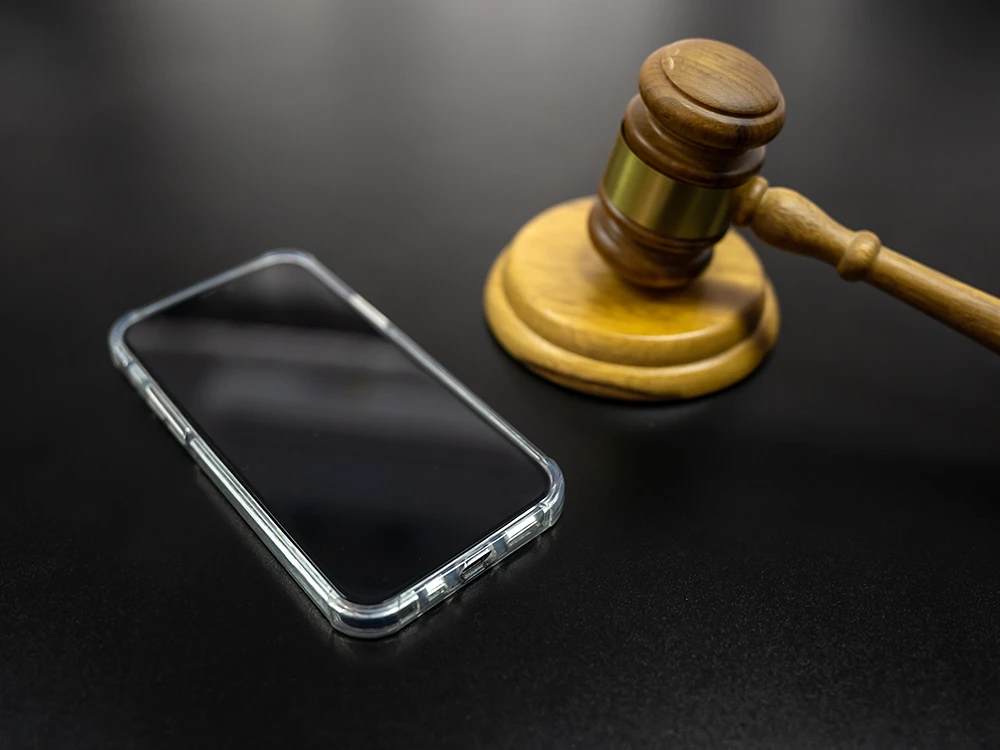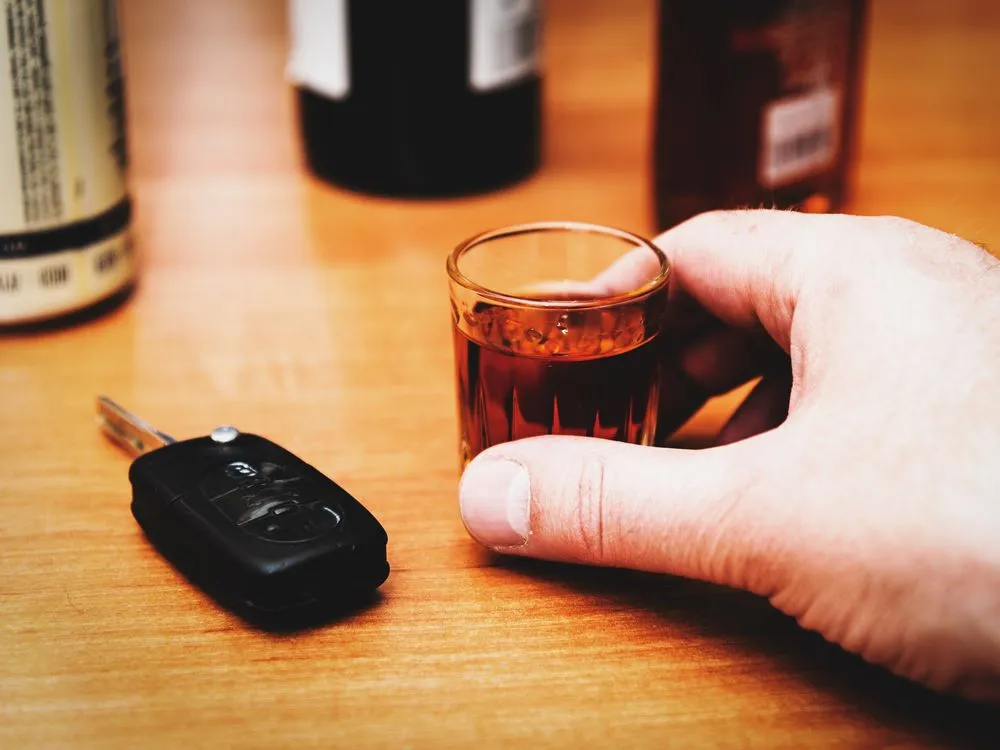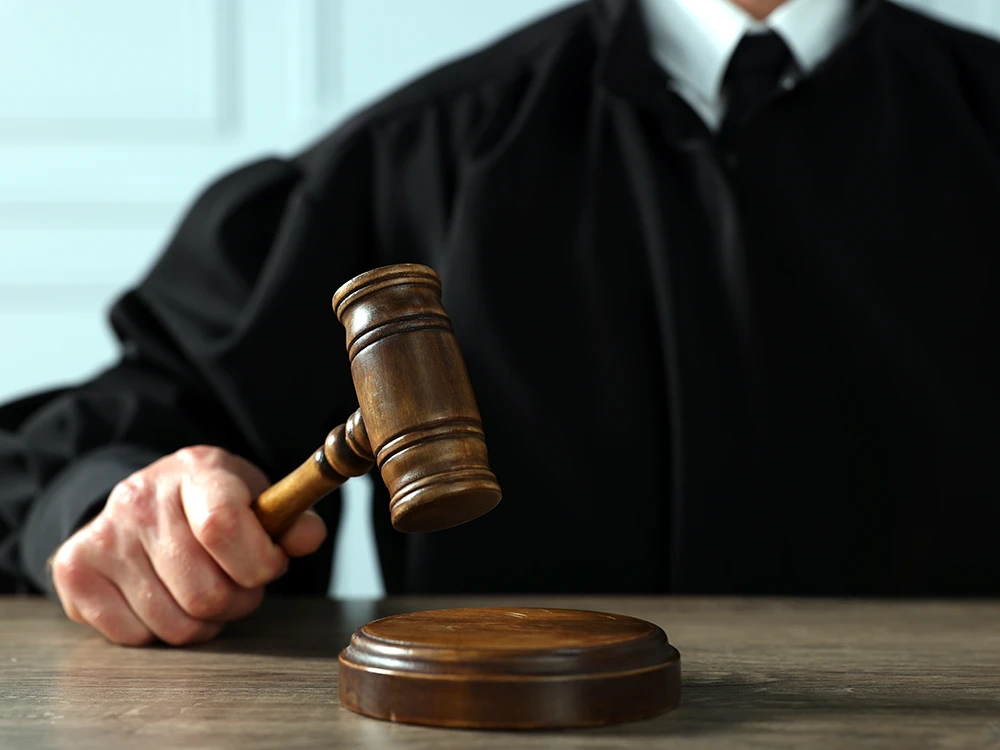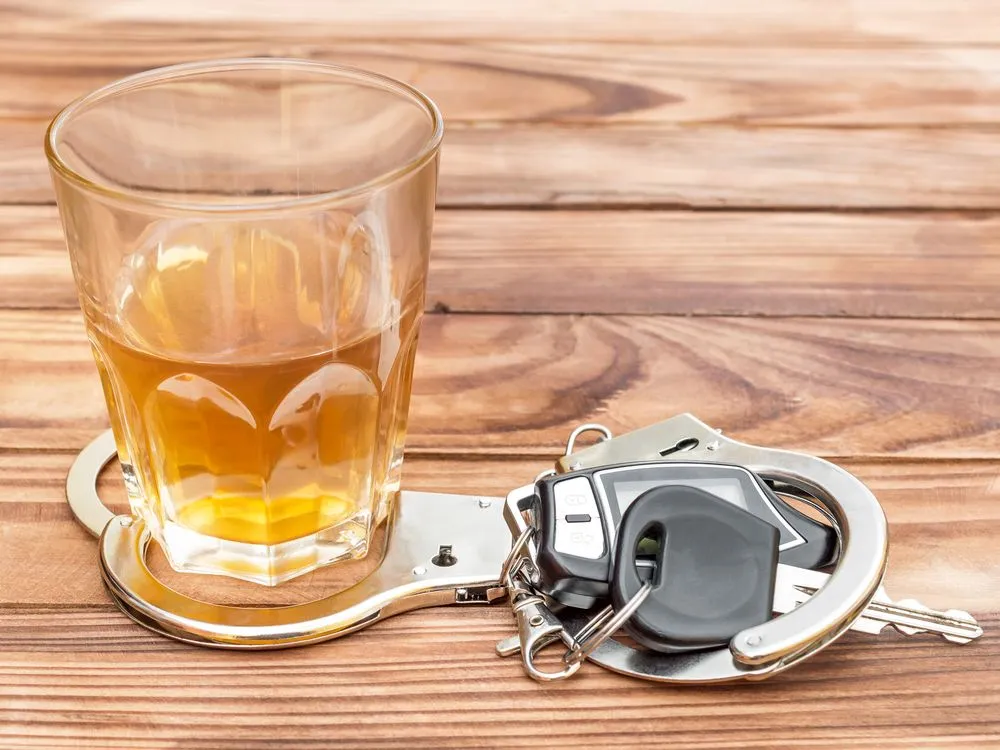The U.S. Supreme court recently bolstered personal privacy protections for anyone who owns a cell phone. The court’s new 5-4 ruling also clarifies some important safeguards for anyone facing Florida criminal charges (or elsewhere). The justices said that law enforcement officers generally need a warrant before they can obtain and search records showing when and where calls take place.“Although such records are generated for commercial purposes, that distinction does not negate [Defendant]’s anticipation of privacy in his physical location,” the court said in a majority opinion penned by Chief Justice John Roberts. “Mapping a cell phone’s location over the course of 127 days provides an all-encompassing record of the holder’s whereabouts.”
Defendant was charged with six counts of robbery and another six firearms offenses for his alleged role as the leader of a string of robberies. Prosecutors used cell tower records—showing Defendant’s whereabouts over the span of 127 days—to try to show that Defendant was in the area where the crimes happened when the crimes happened. A trial judge allowed the prosecutors to enter the cell tower data as evidence, and Defendant was later convicted. A federal appeals court affirmed the decision.
 Tampa Criminal Lawyer Blog
Tampa Criminal Lawyer Blog



















